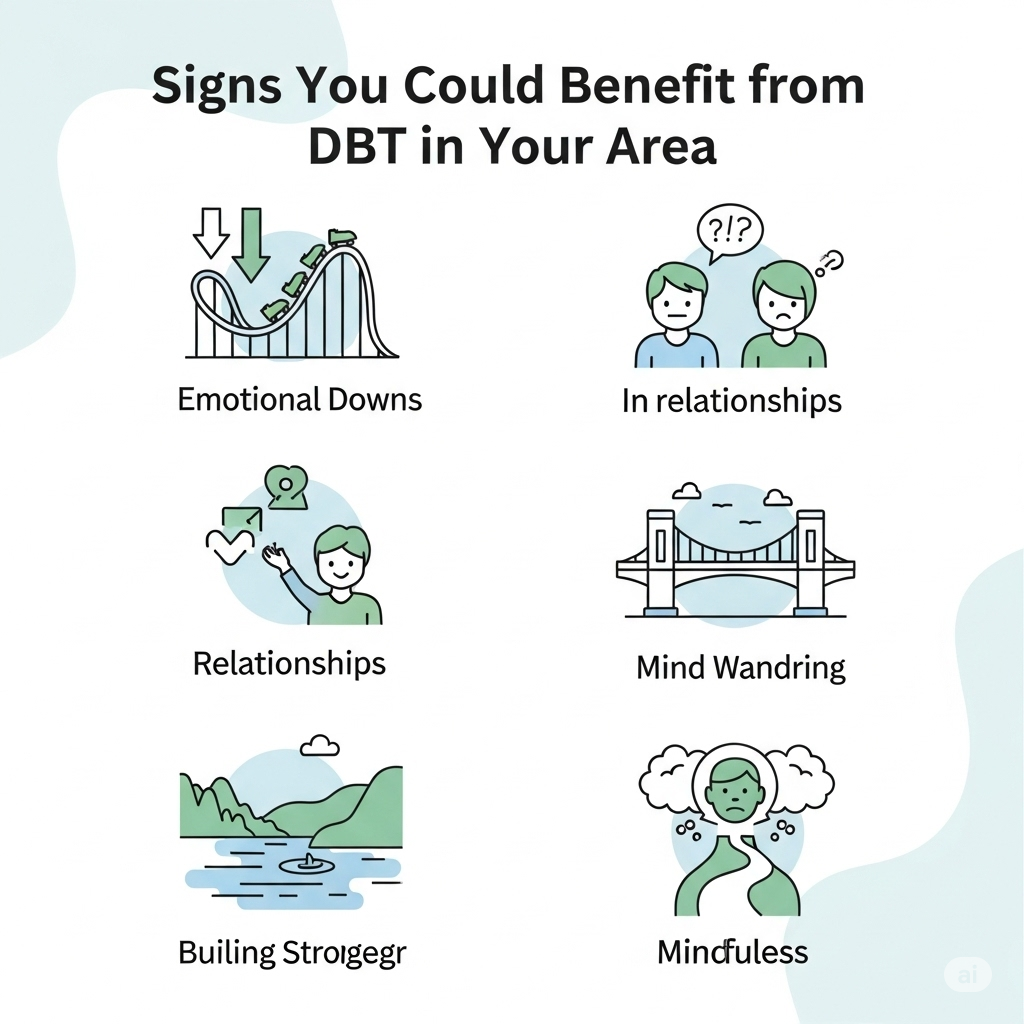When to Consult a Doctor About Suboxone Dosage Changes

If you're on Suboxone and wondering whether your current dosage is still right for you, you're not alone. Many people in recovery reach a point where they start asking questions. Is this still working for me? Do I need more? Or maybe even less?
Making changes to your Suboxone dosage isn’t something to take lightly. Your body, your brain, and your recovery process all depend on getting the right balance. That's why knowing when to reach out to a healthcare provider is just as important as knowing why.
Let’s walk through the signs, reasons, and key moments when a conversation with your doctor becomes necessary.
Understanding how Suboxone works in your body
Suboxone is a brand name for a right combination of buprenorphine and naloxone. It works by reducing cravings and withdrawal symptoms without delivering the same high as opioids.
Most people start with an induction dose, and from there, doctors adjust based on how you respond. But as your recovery progresses, your body can change. So can your lifestyle, your mental health, and your stress levels, all of which affect how your medication works.
Your cravings are coming back
If you're experiencing strong cravings again, especially if you've been stable for a while, this is a red flag. Don’t ignore it. It could mean your current Suboxone dosage isn’t sufficient anymore. And that doesn’t make you weak or a failure, it simply means your body might need an adjustment.
Talk to your doctor before taking any extra doses on your own. Self adjusting can lead to more harm than good.
You’re feeling overly sedated or numb
Suboxone shouldn’t make you feel high, overly sleepy, or disconnected. If you’re experiencing these symptoms, it might mean your dosage is too high.
A lower dose could help you feel more alert and present in your daily life. But again, this is a conversation to have with your provider, not a DIY project. Your doctor can help you taper safely if that’s the best next step.
You’re thinking of stopping Suboxone altogether
If you’re feeling ready to come off Suboxone, that’s a major milestone, but it needs medical guidance. Some people stay on maintenance for years, others feel ready to taper sooner. No matter where you are in your journey, don’t make this decision alone. Your doctor can guide you through a tapering schedule that minimizes discomfort and reduces the risk of relapse.
If you’re unsure what the tapering process looks like, here's a helpful guide on Suboxone round orange pill dosages and other safety protocols. It explains how different dosages work and when adjustments might be appropriate.
You’ve started taking new medications
If you’ve been prescribed any new medications, whether for pain, depression, or another condition, they might interact with Suboxone. For example, certain antidepressants or benzodiazepines can increase the risk of sedation when taken with Suboxone. Even over the counter drugs can sometimes interfere.
Always tell your doctor about any new meds. They’ll determine whether a dosage change is needed or if something else should be adjusted. You can also check interactions using databases like the National Library of Medicine’s, a trusted .gov resource.
You’re experiencing side effects that weren’t there before
Nausea, headaches, or sudden changes in mood? While Suboxone is generally safe when used as prescribed, side effects can show up at different stages of treatment.
Sometimes these symptoms are related to dosage. Too much or too little of the medication can cause new physical or emotional effects, and they shouldn't be ignored. Write down your symptoms and bring them to your next appointment. Your provider can assess whether it's time for a change.
Trust your body and keep communication open
At the end of the day, no one knows your recovery better than you. Your body is continuously giving you signals. The key is learning how to listen, and responding in partnership with your doctor. Don’t let fear or shame stop you from asking for help. Adjusting your Suboxone dosage isn’t a sign of weakness. It’s a sign that you’re paying attention and doing what’s best for your health.
Your treatment plan should evolve with you. And if that means reevaluating your medication, then that’s a smart and responsible step forward.
Final Thought…
Your healing journey is unique and rare. If something feels off with your Suboxone treatment, whether it's cravings, side effects, or just a gut feeling, it’s worth a check in. The earlier you talk to your doctor, the easier it is to make safe and effective adjustments. You're not alone in this. Stay informed, stay supported, and never hesitate to advocate for your health.
Note: IndiBlogHub features both user-submitted and editorial content. We do not verify third-party contributions. Read our Disclaimer and Privacy Policyfor details.







